- Last Update 2025-09-26 13:17:00
IMF stresses need for Sri Lanka staying in the economic reform process
Sri Lanka’s staying in the economic reform process supported by the International Monetary Fund (IMF) is necessary for stabilisation to evolve into broad-based and steady growth that will ensure a full and lasting economic recovery benefitting the people, senior IMF mission Chief Peter Breuer stated on Friday.
In this context, sustaining the reform momentum and ensuring timely implementation of all programme commitments are critical to rebuilding confidence and putting the recovery on a firm footing that will benefit all people.
The economic reform programme implemented by the Sri Lankan authorities is yielding the first signs of recovery with positive real GDP growth in the third quarter of 2023, low inflation, increased revenue collection, and a build-up of external reserves
“The authorities have made commendable progress with putting debt on a path towards sustainability. The execution of the domestic debt restructuring was an important milestone” he pointed out to reporters at a news conference.
“So our understanding is that negotiations are ongoing, proposals are being exchanged, and it is important for that process to continue and be completed as quickly as possible. It's our strong expectation that there would be an agreement in principle by the time of the second review,” he said.
A swift completion of final agreements with official creditors and reaching a resolution with external private creditors remains critical.
Progress in meeting key commitments under the reform programme have been assessed in the context of the second review of the Extended Fund Facility (EFF) arrangement alongside the forthcoming 2024 Article IV consultation assessing Sri Lanka’s economic health during the IMF team’s eight day visit in the island. .
However, challenges remain as these improvements need to translate into improved living conditions for Sri Lanka's people.
Swift progress towards the introduction of a progressive property tax is key to ensuring fair burden sharing while sustaining the revenue-based consolidation, the senior IMF mission Chief emphasised.
Tax policy measures need to be accompanied by strengthening tax administration, removing tax exemptions, and actively eliminating tax evasion to make reforms more sustainable and to further build confidence among Sri Lanka's creditors to regain debt sustainability to gain their support, he added.
Swift progress towards the introduction of a progressive property tax next year is key to ensuring fair burden sharing while sustaining the revenue-based consolidation, he revealed. .
“The property tax is to be enforced in 2025 as a progressive way of taxation. Meaning that those who can afford it more, those who have more expensive houses or property, will in fact, will have to pay a higher tax,” he explained. (Bandula)
You can share this post!
-
Still No Comments Posted.
Name
Content

- September 20, 2025 - 210 - 0
Heavy damages caused to shops in Pettah due to fire
Several shops were damaged in a major fire that broke out in a shop on the third floor of a building at First Cross Street in Pettah, Colombo, today evening.
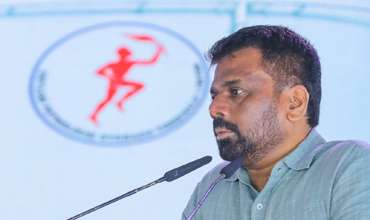
- September 17, 2025 - 201 - 0
President says CEB employees would have to make a choice in next two months
President Anura Kumara Dissanayake today warned that Ceylon Electricity Board Employees would have to make a choice in the next two months.

- September 25, 2025 - 152 - 0
Nine Buddhist monks killed in accident at Na Uyana Monastery
The number of Buddhist monks who were killed following the accident at the Na Uyana Theravada Buddhist Monastery (Na Uyana Aranya Senansenaya) in Pansiyagama, Melsiripura, Kurunegala currently stands at nine , with four injured, Minister of Buddhasasana, Religious and Cultural Affairs Prof. Hiniduma Sunil Senevi told Parliament this morning. He revealed that two of the injured Buddhist monks are being treated at the Intensive Care Unit (ICU
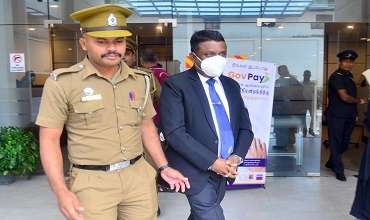
- September 23, 2025 - 145 - 0
Opposition renews forensic audit demand after e-visa verdict
The opposition has renewed its demand for a long delayed forensic audit into the controversial e-visa deal, following the sentencing of former Controller General of Immigration, Harsha Ilukpitiya, for contempt of court.
Related Articles

Top stories of the day
- 25/09/2025 - 58 - 0
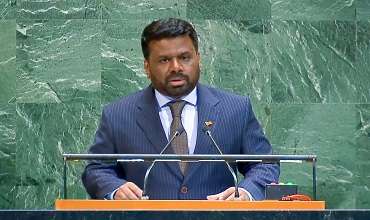
President calls for urgent attention on inequality and poverty
- 25/09/2025 - 71 - 0
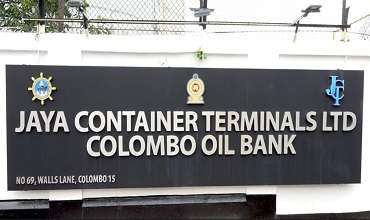
JCT Oil Bank to be expanded
- 25/09/2025 - 32 - 0

Nine Buddhist monks killed in accident at Na Uyana Monastery
- 25/09/2025 - 152 - 0



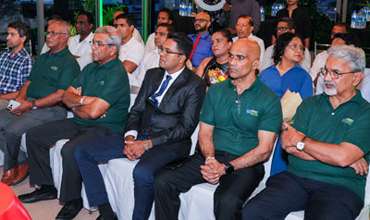
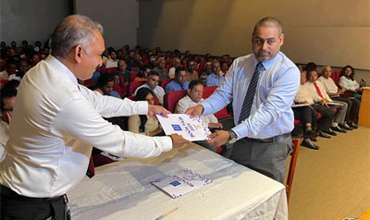

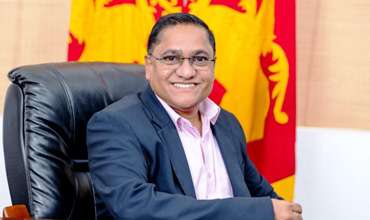


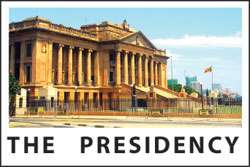

Leave Comments